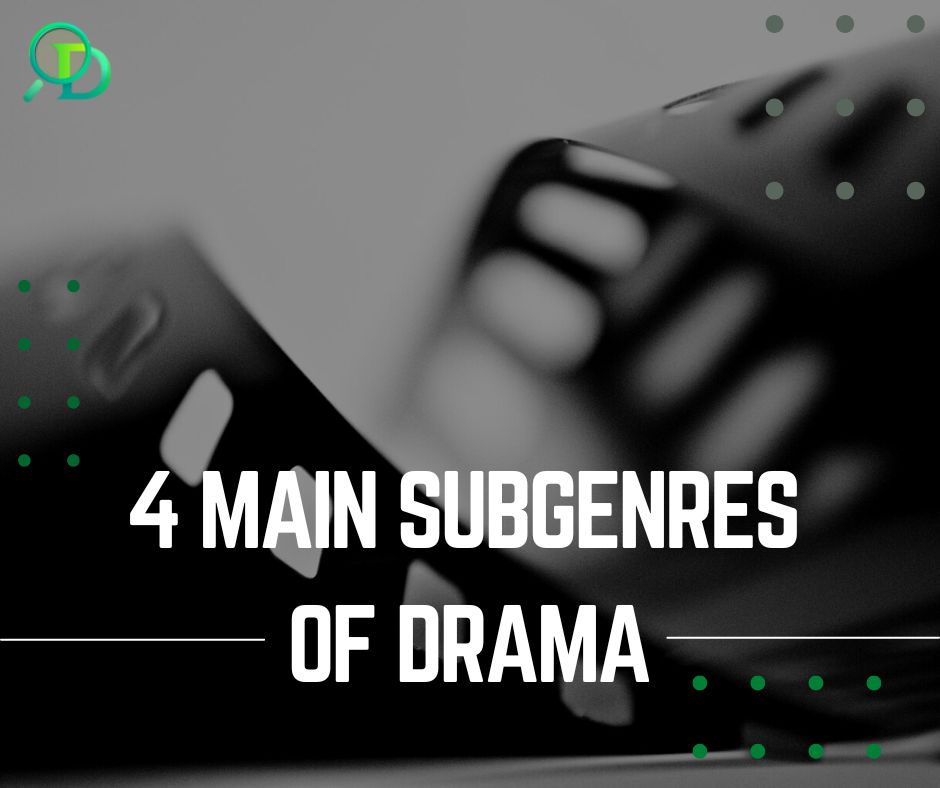Each genre also has its own subordinate genre, referred to as a subgenre. These subgenres are subgenres of more prominent genres, such as drama or fantasy, respectively.
The disposition, tenor, and activities portrayed in the story are typically used to place dramatic performances into several distinct categories. The following are some common forms of drama:
1. Comedies
are comedies when they are intended to make the audience laugh and when they typically have a happy ending. Comedies have a lighter tone than dramas. Comedies put offbeat characters in unusual situations, which then causes the characters to behave and say funny things.
The nature of comedy can also be sarcastic to make light of more weighty matters. There are also several sub-genres of comedy, such as romantic comedy, sentimental comedy, comedy of manners, and tragic comedy. Tragic comedies are plays in which the characters make light of tragic situations by using humor to bring about happy endings.
2. Tragedy
The term “tragedy” refers to a genre of dramatic writing characterized by the use of dark themes to present weighty topics in a dignified and thought-provoking manner.
Tragedies often deal with themes such as death, disaster, and human suffering.
Characters in tragedies like Shakespeare’s Hamlet rarely get happy endings. More often than not, they have tragic flaws in their personalities that eventually cause them to perish.
3. Melodrama
is an exaggerated form of drama that depicts one-dimensional characters such as heroes, heroines, and villains attempting to deal with sensational, romantic, and often dangerous situations. Melodramas are often referred to as “Melo” for short.
Melodramas include works such as The Glass Menagerie, a play by Tennessee Williams, and Gone With the Wind, a film adaptation of Margaret Mitchell’s novel about love during the American Civil War. Both of these works have been considered successful examples of the genre.
4. Opera
is an adaptable form of drama that tells great stories of tragedy or comedy through theater, dialogue, musical accompaniment, and dance. Performers must be skilled actors and singers because the characters express their emotions and intentions through song rather than talk.
Classic examples of opera include Giacomo Puccini’s tragic La Bohème and Giuseppe Verdi’s bawdy comedy Falstaff. Both of these operas were written by Giuseppe Verdi.
There are a lot of different kinds of dramas, and these are only a few of them. Nevertheless, these kinds of dramas are the most common kinds of drama that we see in movies or that we read about in books.

Great post.
Thank you for taking the time to read our post. Greatly Appreciated!
Woah! I’m really loving the template/theme of this website.
It’s simple, yet effective. A lot of times it’s challenging to get that “perfect balance” between usability and visual appeal.
I must say you have done a amazing job with this.
In addition, the blog loads super fast for me on Opera.
Outstanding Blog!
Thank you for the great feedback about our website and our blog. We greatly Appreciate it!